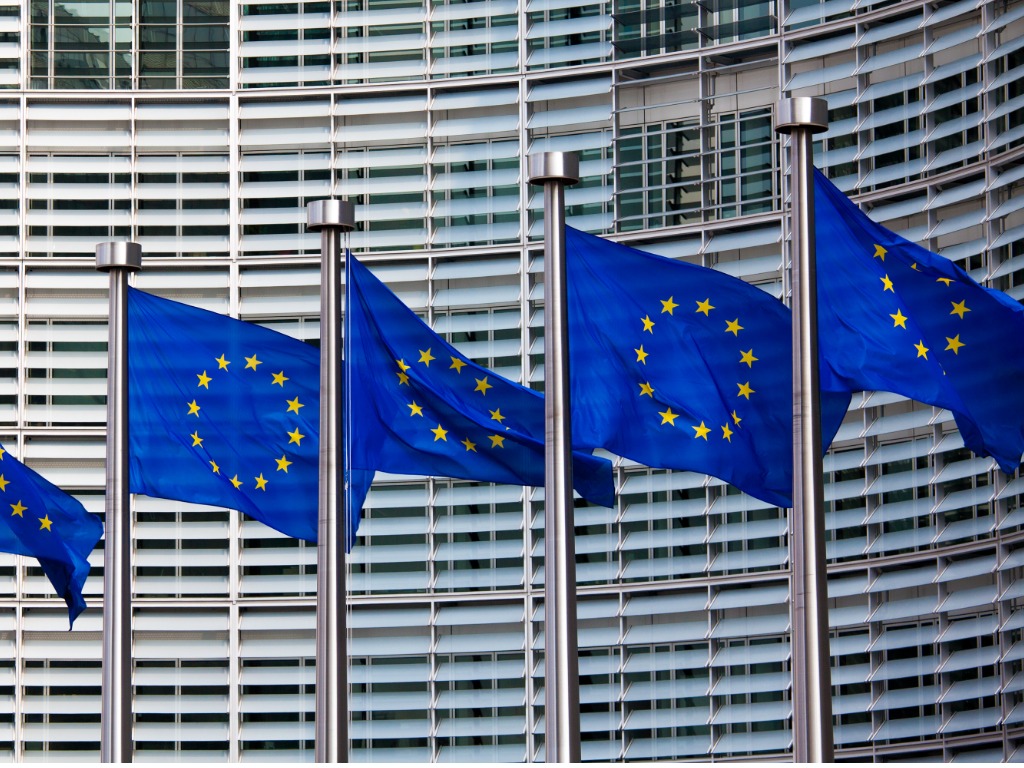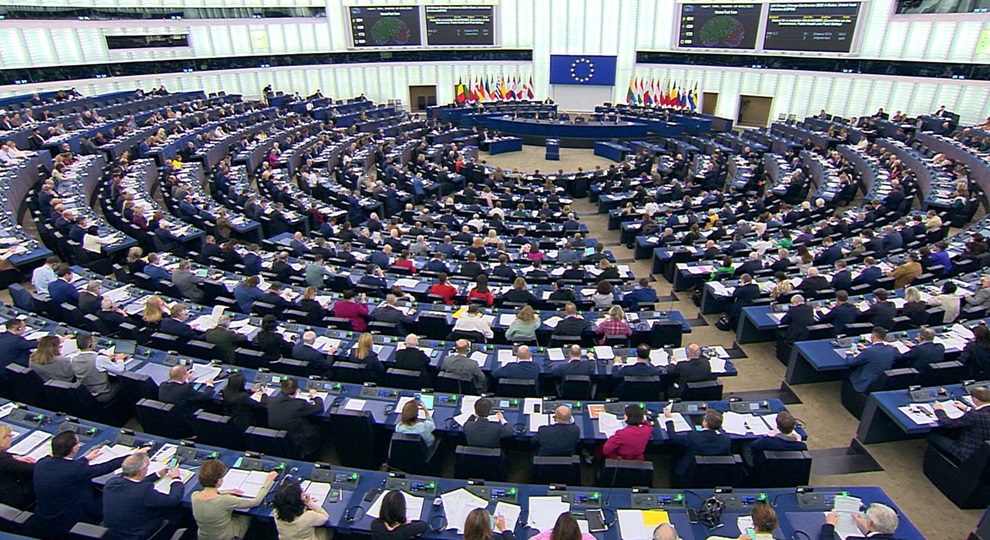EU Council Adopts New European Green Bond Standard
The Council of the European Union announced today the adoption of a regulation creating a new European Green Bond Standard, marking the last major step for the establishment of a new European Green Bonds (EuGB) label, aimed at fighting greenwashing and helping advance the sustainable finance market in the EU.
In addition to setting out the requirements for issuers wishing to use the EuGB designation, the new regulation also includes voluntary disclosure guidelines for other environmentally sustainable bonds and sustainability-linked bonds issued in the EU.
Green bond issuance volumes have surged over the past several years as companies and governments have increasingly used them to finance their environmental sustainability and transition initiatives. Despite slower volumes last year amidst a broader issuance market pullback, issuances have rebounded, reaching record volumes in the first half of this year, with particular strength in the European market, which accounted for nearly 60% of the global market, according to Moody’s Investors Service.
The European Commission launched its EuGB regulation proposal in July 2021, aimed at establishing a “gold standard” for green bonds, and forming part of a series of initiatives designed to promote a more sustainable financial system and help facilitate the necessary investments to advance the EU’s and global climate goals.
The EU Council approved the EuGB proposal in April 2022, although the EU Parliament proposed a series of amendments in its own position, aimed at significantly widening the scope of the new regulations with rules covering the entire green bond market. Earlier this year, the Council and Parliament reached an agreement on the new regulation, establishing the EuGB standard as voluntary, while also including a voluntary framework for sustainability-linked bonds and green bonds not issued with the EuGB designation.
Under the finalized regulation, all proceeds from instruments issued under the new EuGB designation will need to be invested in economic activities that are aligned with the EU Taxonomy, although the rules include a flexibility pocket enabling 15% to be invested in economic activities that comply with the taxonomy requirements, but in sectors that don’t yet have established taxonomy criteria, with issuers clearly explaining where these funds will be allocated.
In addition to the investment rules, companies issuing bonds under the EuGB designation will be required to follow a strict transparency criteria, including disclosures on how the proceeds from the bonds will be used, as well as committing to a green transition plan, and reporting on how the investments contribute to the those plans.
The new regulation also establishes a new registration system and supervisory framework for external reviewers of European green bonds, including requiring external reviewers to identify, address and disclose potential conflicts of interest.
The approval by Council follows the adoption earlier this month of the new regulation by the EU Parliament. With both of these milestones passed, the regulation will be signed and entered in the EU’s Official Journal, entering into force 20 days later, and applying 12 months after entry into force.





